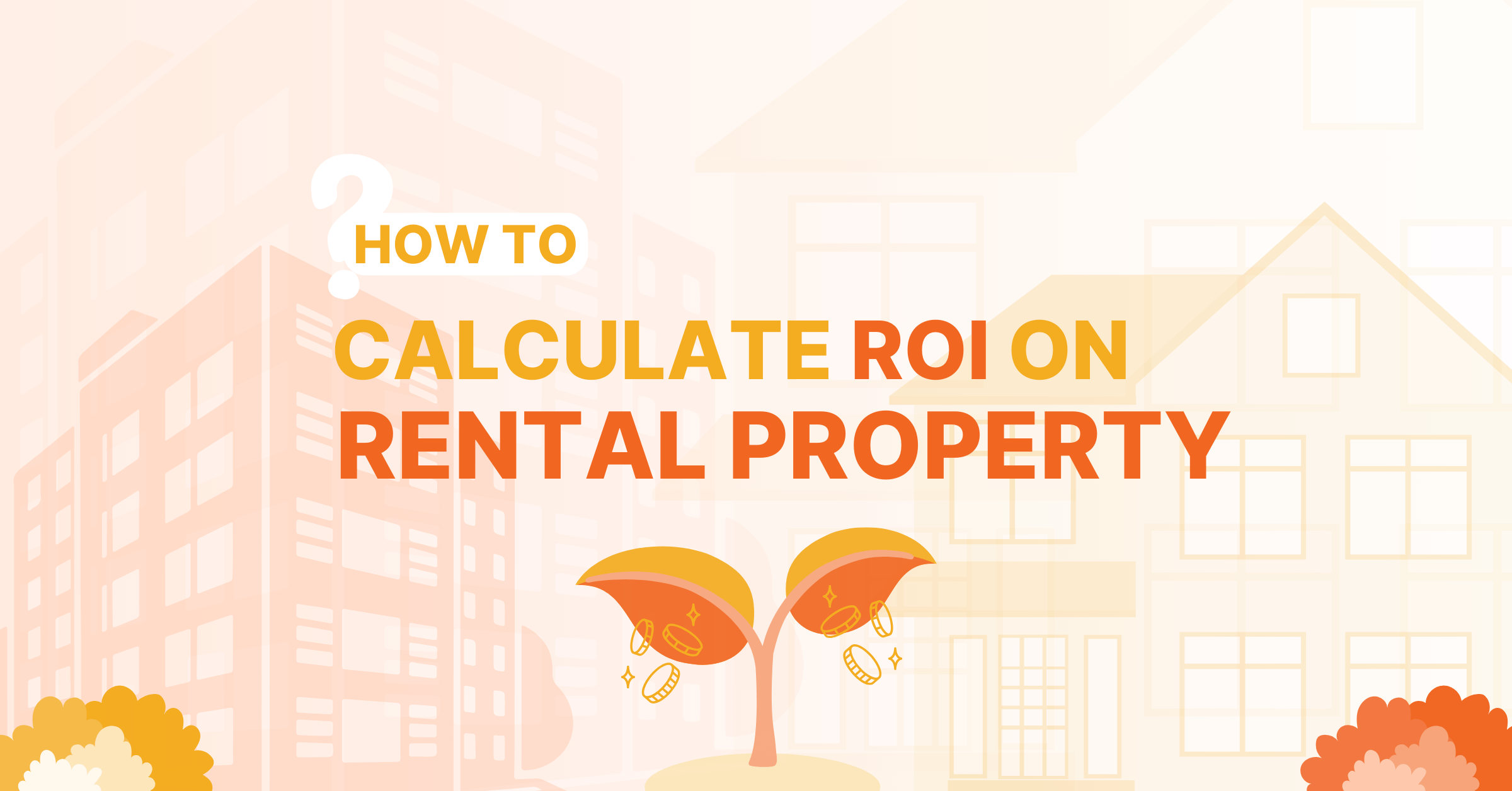Disclaimer: PropStream does not offer financial advice. We recommend consulting with legal and/or financial professionals and doing your due diligence before investing in any properties.
| Key Takeaways: |
|
Many real estate investors start locally, but what if your market is too competitive, with high property values or strict regulations? Investing beyond your backyard—long-distance real estate investing—can be a smarter, more strategic move.
Dive in to discover why and explore eight tips to succeed with this approach!
Table of Contents |
Why Invest in Real Estate Long Distance?
Investing in real estate long-distance can widen your investment prospects.
For example, you may find markets with higher potential returns, better cash flow, or more landlord-friendly laws.
Furthermore, long-distance real estate investing can help you diversify geographically. Instead of owning property in only one market, you can own property in multiple, minimizing your exposure to a downturn in any one.
That said, long-distance real estate investing has its challenges. It may be harder to learn the market, find reliable contractors, and communicate across time zones.
To mitigate these and other potential risks, follow these tips:
1. Research the Market Thoroughly
Before you settle on a market to invest in, carefully study it. Learn its unique dynamics and trends so you can recognize a good deal when you see one.
Here are some factors to consider:
- Property values
- Average rent
- Average vacancy rates
- Population growth
- Local employers
- Unemployment rates
- School ratings
- Crime rates
- Transportation options
Overall, look for a market with a growing population, thriving economy, strong rental demand, low operating costs, and reasonable property prices.
Of course, no market is perfect, but you might be surprised at the opportunities outside your local market.
2. Build a Reliable Local Team
.png?width=1252&height=834&name=screenshot%20avm%202%20(6).png)
Once you’ve chosen a market, it’s time to build your team.
This is extremely important when investing long-distance because you’re not there to manage properties in person.
Your real estate team can include local agents, contractors, lawyers, lenders, insurance providers, property managers, and other investors. Each should serve a purpose—whether that’s managing your properties, executing renovations, facilitating transactions, or educating you on the market’s nuances and local regulations.
Above all, your team members should be trustworthy. Ask your existing network for referrals, check online reviews, and look out for candidates with a strong reputation.
3. Leverage Technology
Another must for managing properties from afar is technology.
These days, there are many software options for streamlining everyday landlord tasks, such as rent collection, tenant screening, maintenance requests, and recordkeeping. There’s even virtual tour technology that lets you inspect and show properties remotely.
Consider investing in some of these tools to automate repetitive tasks and free up time to find and analyze more real estate deals.
4. Communicate Regularly
Clear and frequent communication is always important when managing real estate, especially when you’re far away from your tenants and team.
Fortunately, there’s never been a better time to communicate long distance. With video calls, texts, and other digital channels, you can keep an open line of communication with tenants or outsource it to a property manager who can give you regular updates.
Set a regular communication schedule with them so everyone stays on the same page.
5. Visit the Property Periodically
Just because you’re an absentee landlord doesn’t mean you can’t visit your properties.
Sometimes, visiting your investments to see them in person is worthwhile as it can provide a better sense of their value, condition, and needed maintenance. Of course, your property manager can handle this for you, too, but checking in helps keep them accountable. Plus, it can improve your relationships with tenants.
Consider scheduling an annual visit to each of your properties to check in.
6. Establish Clear Processes and Protocols
Without clear processes for managing properties remotely, your business may struggle.
Set up systems for marketing rental units, screening tenants, collecting rent, responding to maintenance requests and emergencies, and more. Efficient standard operating procedures (SOPs) that comply with local regulations can help minimize errors and prevent important tasks from falling through the cracks.
7. Monitor Financial Performance
.png?width=1252&height=834&name=screenshot%20avm%202%20(7).png)
Keep a close eye on your investments’ financial metrics. That way, if they no longer serve your goals or fail to perform, you can explore exit strategies.
One easy way to track your rental income, property expenses, and ROI is to invest in accounting software. It can automatically calculate your returns and provide a dashboard to check investment performances quickly.
Financial performance data can be used over time to adjust your investing strategy by optimizing operations, cutting costs, or selling.
8. Stay Informed About Local Laws and Regulations
Real estate regulations vary by state, county, and city, so it's essential to do your homework on your market’s rules.
Ensure you comply with any laws regarding zoning, building codes, rental licensing, home insurance, and landlord-tenant relationships. Need more clarification about the rules? Consult a local real estate attorney. They can educate you and help you avoid costly fines.
Find Your Next Long-Distance Investment with PropStream!
Ready to start your long-distance real estate investing adventure?
Use PropStream to find your first property. With data for 160+ million properties nationwide and hundreds of search filters, you’re sure to find an excellent opportunity in your desired market.
Try PropStream for 7 Days Free!
Activate your 7-day free trial and enjoy 50 complimentary leads.
What are the benefits of long-distance real estate investing?
Long-distance real estate investing can provide access to markets with higher potential returns, better cash flow, more landlord-friendly laws, and geographic diversification.
How do I choose the best market for long-distance real estate investing?
Look for markets with strong economic growth, high rental demand, low vacancy rates, reasonable property prices, and favorable local regulations. Real estate lead generation tools like PropStream can help you identify markets that meet your investment criteria.
How often should I visit my long-distance investment properties?
With a good property management team, you may never need to visit your long-distance investments. However, visiting each property at least once per year is wise to keep your team accountable and strengthen relationships with tenants.
What should I look for in a local property management team?
Trustworthy and reputable professionals. Carefully vet your team by checking their online reviews and requesting past client references.
What is the biggest mistake first-time long-distance real estate investors make?
The biggest mistake is investing in out-of-state real estate too quickly. What may look like an attractive investment on the surface may not be.
Identifying good investment opportunities requires a deep understanding of a market’s dynamics and regulations. That’s why it's vital to build a reliable local team and leverage real estate data software.
What does PropStream do?
PropStream helps you automate property lead generation. With the right search filters and Lead Automator, you can quickly find viable investment opportunities and receive updates whenever a new property that meets your investment criteria comes on the market.


